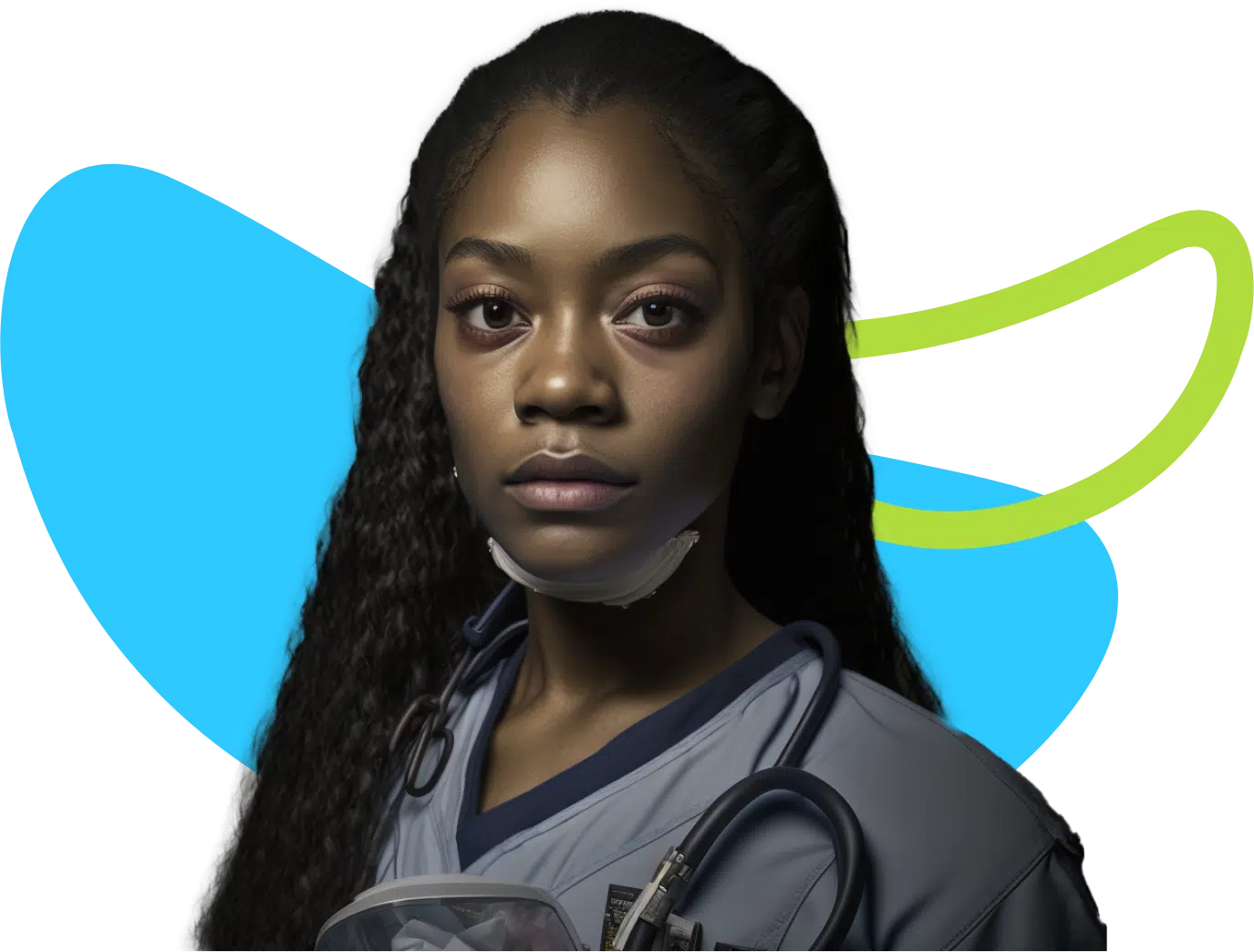Nia is a respiratory therapist. Before the pandemic, she believed that if she did her job well, she could keep her patients alive. But as the first wave progressed, several COVID-19 patients died under her care. Nia started to believe she must be doing something wrong. She also began blaming her supervisor for not giving her the tools she needed.
In time, Nia became fused with thoughts like, “No one can be trusted,” “Others do not care,” “I have poor judgment,” and “I am too weak to do my job long-term.”
Nia found herself consumed with guilt and resentment. She dreaded going to work. She acted defensively and focused more on placing blame than caring for herself and her patients. She ultimately quit her job, stopped talking to friends, and even avoided leaving her house.
Nia was in a dark place before she learned about acceptance and commitment therapy (ACT) and began practicing defusion — which has helped her realize the stories she was telling herself were not serving her.
For example, when she’d been fused with the thought, “Others do not care,” she’d missed noticing her co-worker picking up her shift or her boss checking in on her.
Now, by practicing defusion strategies and techniques, whenever Nia has the thought, “Others do not care,” she says it out loud in the voice of Eeyore from Winnie-the-Pooh. She also reminds herself that her mind is just trying to protect her from harm, and that she doesn’t have to believe what it is telling her. She can notice her thoughts, then choose what actions she can take in response.
Image generated by Midjourney.
